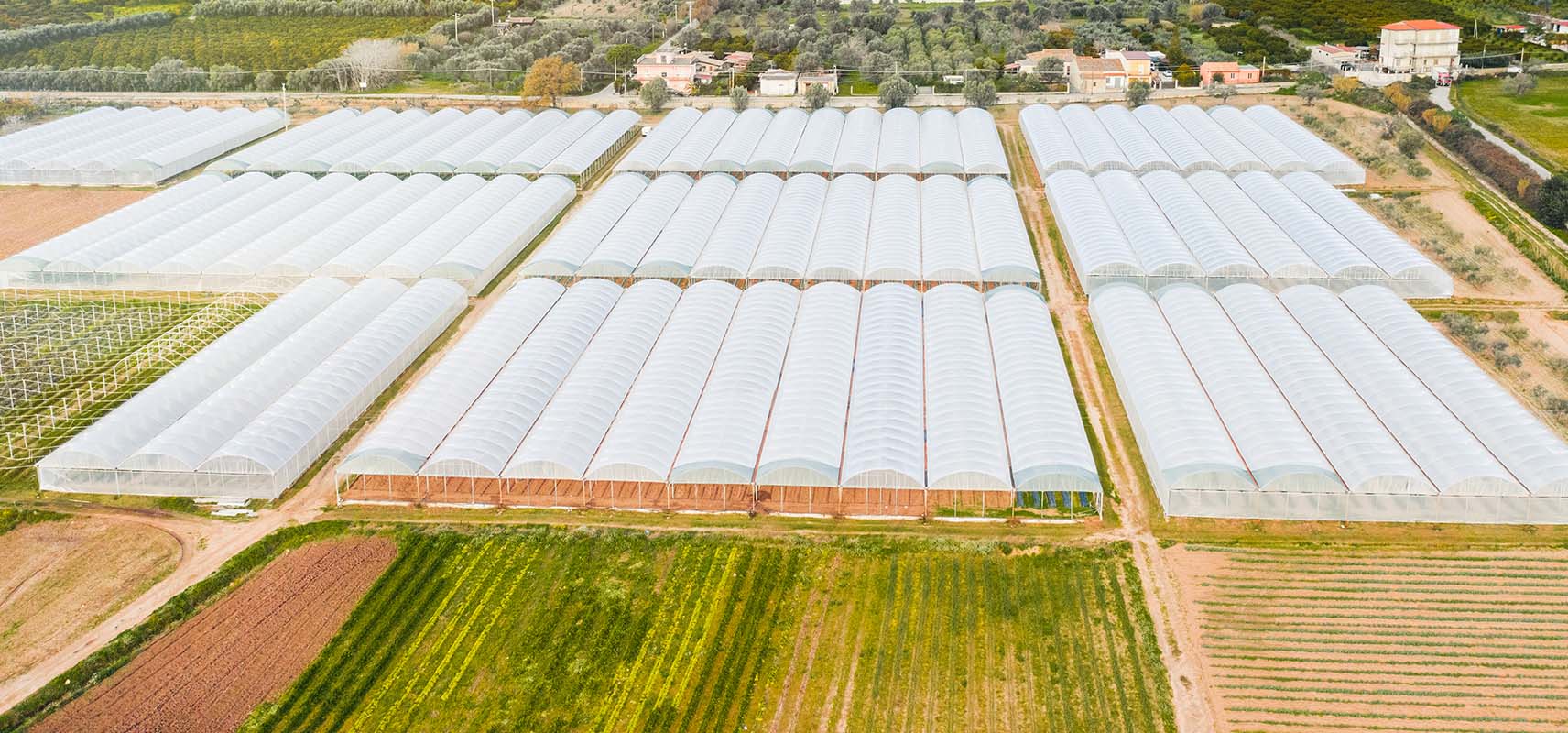GREENHOUSE INVESTMENT IN TURKEY
- Jul 17, 2023
- 2 min read
- 0 comments

Investing in greenhouses in Turkey can be a lucrative opportunity considering the country's favorable climate for agricultural activities and its increasing focus on sustainable development. Here are some key points to consider when looking into greenhouse investment in Turkey:
1. Climate and Geography: Turkey has a diverse climate that is suitable for growing a wide range of crops. The Mediterranean and Aegean regions offer a favorable climate for greenhouse cultivation, with abundant sunshine and moderate temperatures. This allows for year-round production and a variety of crops to be grown.
2. Government Support: The Turkish government has shown a commitment to promoting sustainable agriculture and renewable energy. They offer various incentives and subsidies to encourage investments in greenhouse farming and renewable energy projects. These incentives include tax exemptions, grants, and low-interest loans.
3. Growing Domestic Market: Turkey has a large and growing domestic market for agricultural products. The population of over 80 million people provides a significant demand for fresh produce. Additionally, the country has a thriving export market for agricultural products, particularly in the Middle East and Europe.
4. Increasing Demand for Organic and Sustainable Products: There is a rising demand for organic and sustainable agricultural products both domestically and internationally. Greenhouses allow for controlled growing conditions, reduced water usage, and lower pesticide requirements, making them ideal for organic and sustainable farming practices.
5. Technology and Expertise: Turkey has made significant progress in greenhouse farming technology and expertise. The country has experienced greenhouse manufacturers, agricultural engineers, and consultants who can provide guidance and support for setting up and operating a successful greenhouse project.
6. Crop Selection: When investing in greenhouses, it is essential to consider crop selection based on market demand and profitability. Popular crops grown in Turkish greenhouses include tomatoes, cucumbers, peppers, eggplants, lettuce, herbs, and flowers. Conducting market research and assessing consumer preferences can help determine the most suitable crops for your investment.
7. Infrastructure and Logistics: Consider the availability of infrastructure and logistics facilities, such as transportation networks, cold storage, and packaging facilities, as they are crucial for the efficient distribution of agricultural products.
8. Risks and Challenges: Like any investment, greenhouse farming in Turkey comes with its risks and challenges. These include fluctuations in commodity prices, climate change impacts, disease and pest management, and regulatory compliance. Conduct a thorough risk assessment and develop mitigation strategies to minimize potential challenges.




